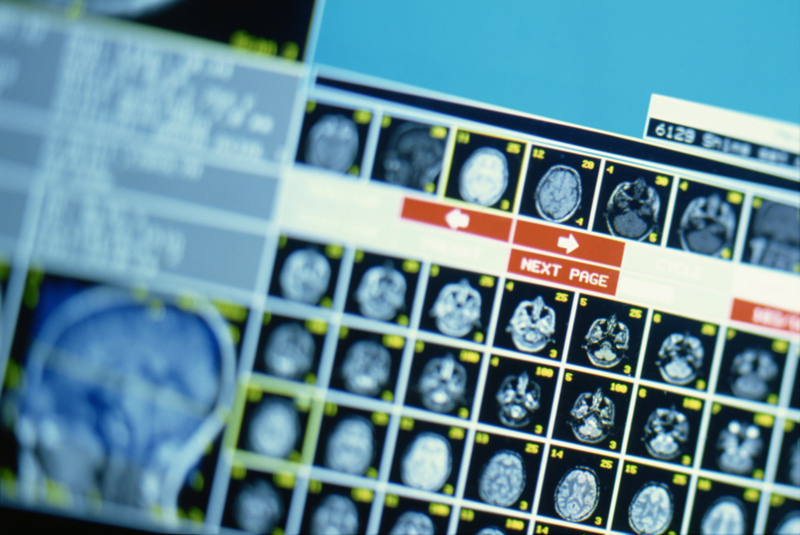
Here are some of the latest health and medical news developments, compiled by the editors of HealthDay:
ADHD Drug Use By Young Adults Doubled in Recent Years: Report
A new report says that the number of young American adults, ages 26 to 34, receiving drug treatment for attention-deficit/hyperactivity disorder (ADHD) nearly doubled between 2008 to 2012, from 340,000 to 640,000.
It also found that the total number of American adults taking ADHD drugs rose 53 percent during that time, from about 1.7 million to 2.6 million, The New York Times reported.
The use of ADHD medications by children increased 19 percent over the four years. In 2012, 7.8 percent of boys and 3.5 percent of girls ages 4 to 18 were being prescribed the drugs. The rates among youngsters ages 12 to 18 were 9.3 percent for boys and 4.4 percent for girls.
The report was to be released Wednesday by Express Scripts, the nation’s largest prescription drug manager. The findings are from an analysis of 400,000 people nationwide, ages 4 to 64, who filled at least one prescription for an ADHD medication from 2008 to 2012, The Times reported.
The findings show that ADHD is being over-diagnosed and treated in children, and that the same situation could occur in adults, according to some experts. The report should prompt discussions about finding solutions to the problem, said Dr. Lawrence Diller, a behavioral pediatrician in Walnut Creek, Calif.
“How long will experts’ heads remain in the sand on this epidemic?” Dr. Diller said in an interview with The Times.
Other experts believe the sharp rise in the use of ADHD drugs by adults is due to increased awareness that the disorder isn’t limited to children. Some studies suggest that about 10 million American adults have ADHD, which means that the use of drugs to treat the condition in adults will continue to rise.
“We still know that a majority of adults with ADHD are untreated,” Dr. Lenard Adler, director of the adult ADHD program at NYU Langone Medical Center, told The Times.
—–
Cost of New Hepatitis C Drug Too High: Experts
Some health care experts are questioning whether a recently-approved hepatitis C drug is worth $1,000 a pill.
The price set for Sovaldi by manufacturer Gilead Sciences Inc. makes it a “low value” treatment in comparison to the cost of using older drugs, the California Technology Assessment Forum voted Monday, the Associated Press reported.
Using Sovaldi instead of current hepatitis C drugs would boost California’s drug costs by $18 billion to $29 billion a year, according to the fourm, which is an insurance industry-associated group that gauges the cost and effectiveness of new treatments.
A final report on Sovaldi is expected to be released by the forum next month, along with its conclusions about another new hepatitis drug called Olysio, from Johnson & Johnson.
Sovaldi, which was approved late last year by the U.S. Food and Drug Administration, is taken once a day and cures between 80 and 90 percent of patients. Previous standard treatments for hepatitis C required taking up to 12 pills a day, which is effective in about 75 percent of patients, the AP reported.
While Sovaldi was enthusiastically received by doctors due to its convenience and better results, some health providers and patient groups are starting to question its cost. A 12-week course of the drug costs $84,000, and some patients need to take two courses.
State Medicaid providers should deny coverage for the drug until Gilead lower the price, the AIDS Healthcare Foundation said in January. It said that the drug’s price “will unnecessarily drive up health care costs and limit access to potentially lifesaving care,” the AP reported.
“AHF believes that the price Gilead is charging for Sovaldi is not remotely justified. For one, it is exponentially more expensive than medications for other severe chronic conditions,” the group said.
For example, the cost of Sovaldi is 1,100 percent more than the $80 per pill that Gilead charges for its most costly HIV drug, Stribild, according to the foundation.
Gilead provides financial assistance to patients who aren’t able to afford the drug and related insurance costs, a company spokeswoman told the AP. She added that many private insurers are already covering the drug.
Copyright © 2024 HealthDay. All rights reserved.

